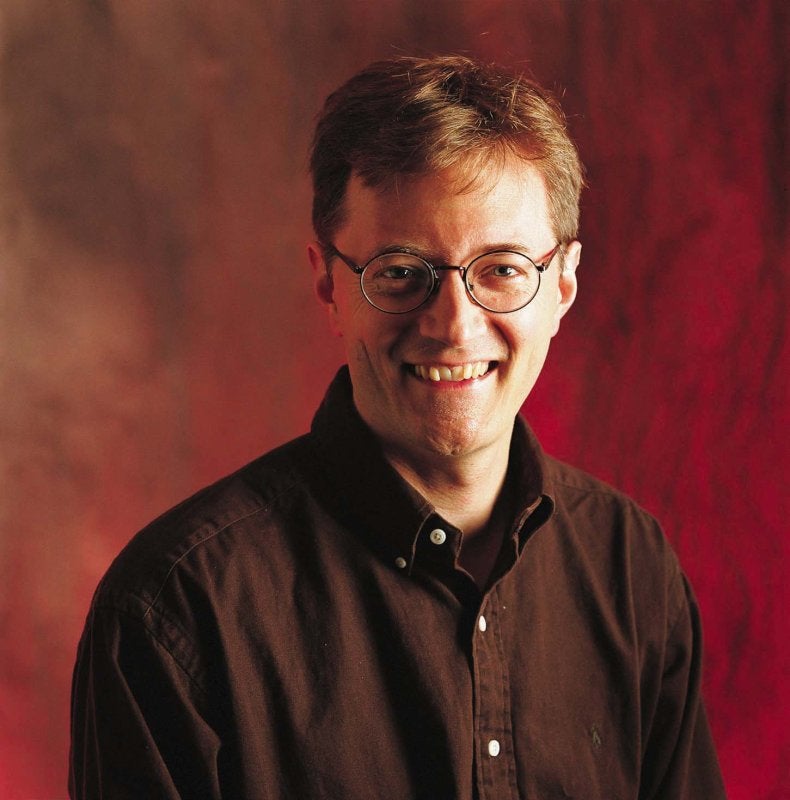
Michael Tiemann is a true open source software pioneer. He made his first major open source contribution more than three decades ago by writing the GNU C++ compiler, the first native-code C++ compiler and debugger. His early work led to the creation of leading open source technologies and the first open source business model.
In 1989, Tiemann's technical expertise and entrepreneurial spirit led him to co-found Cygnus Solutions, the first company to provide commercial support for open source software. During his ten years at Cygnus, Tiemann contributed in a number of roles from President to hacker, helping lead the company from fledgling start-up to an admired open source leader. When Cygnus was acquired by Red Hat in 2000, Tiemann became Red Hat's Chief Technical Officer (CTO) before becoming its first Vice President of Open Source Affairs. In that role Tiemann provides technology, strategy, and policy advice to executives in the public and private sectors.
Tiemann graduated from the Moore School at the University of Pennsylvania (Class of 1986) with a BS CSE degree, and later did research at INRIA (1988) and Stanford University (1988-1989).
Tiemann has served on a number of boards that have been instrumental in establishing Open Source as a leading development and commercial practice in the software industry. He joined the board of the Open Source Initiative in 2001 and served as its President from 2005-2012. Tiemann was also a founding board member of the Embedded Linux Consortium, the Eclipse Foundation, and an advisor to the GNOME Foundation. Tiemann provides financial support to organizations that further the goals of software and programmer freedom, including the Free Software Foundation and the Electronic Frontier Foundation.
He was also a Trustee of the University of North Carolina School of the Arts and a founding member of the Board of Advisors for the Center for Environmental Farming Systems (2006-present). Tiemann has also remained active in the Creative Commons community, as both a sponsor of projects and promoter of the cause.


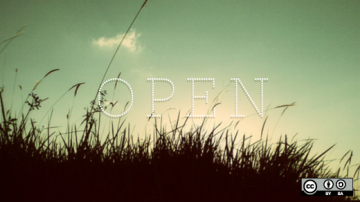
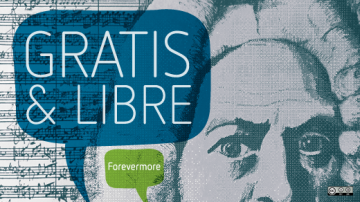
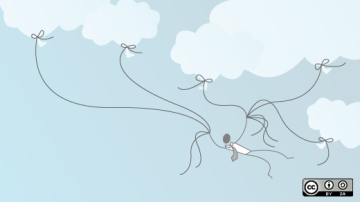
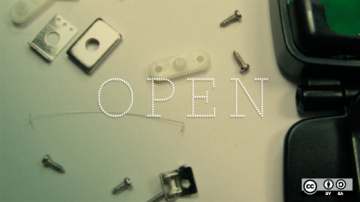
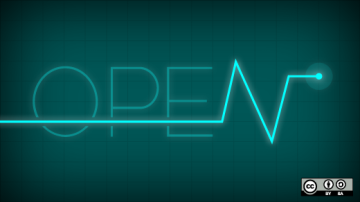
Authored Comments
Not really. To quote the great RUSH song Freewill: if you choose not to decide, you still have made a choice. Coase's Theory of the Firm argues that all choices have costs. It is true that open source permits a wider range of choice options than proprietary software. That wider range can have greater costs (more choices to evaluate), but can also expose or create more optimal solutions, one of which may be the decision to insource. Another of which may be the decision to outsource. A third of which may be the decision to hybrid-source.
The real thrust of my argument is that (1) most entities that run their enterprises with proprietary software are wasting tremendous amounts of money and failing to deliver even larger amounts of value that was promised. (2) Merely addressing the cost of waste has a positive, albeit small effect. (3) The large positive opportunity is to put the firm on a path to not only achieve existing objectives, but to enable themselves to achieve as-yet unarticulated goals by making adaptation and innovation core competencies.
The big benefit of Open Source is not that it allows one to bypass a broken procurement process (though that might be its first observable benefit). It is that it allows the firm to become an effective, efficient, and ultimately a sustainably competitive entity.
Aria, I agree with you that if the public pays for the development of data or research, it should be the public itself that has every right to that development. But that is a separate question from the strategic management question of how to ensure best value-for-money of a given purchasing decision. The strategic management question is a self-interested one. The disposition of development is an equity question.